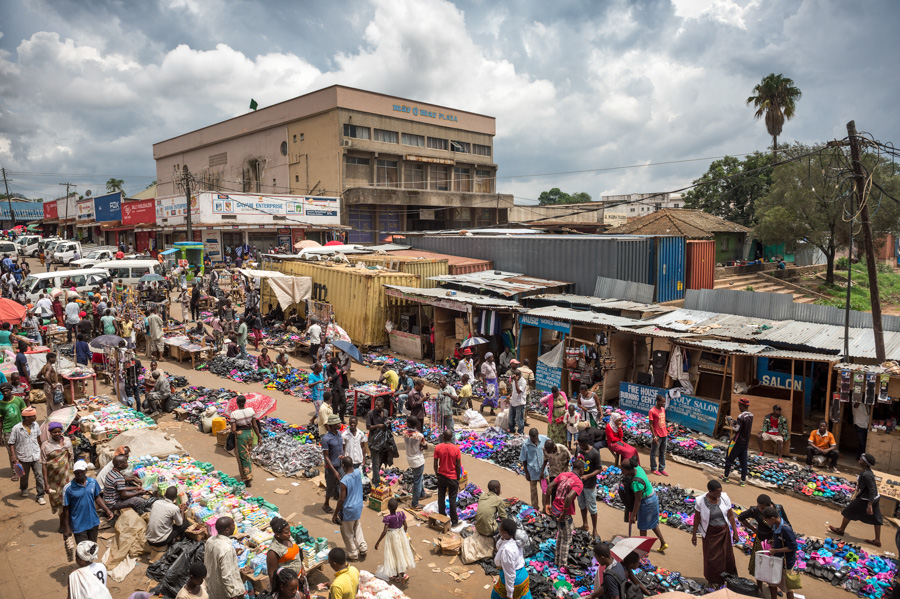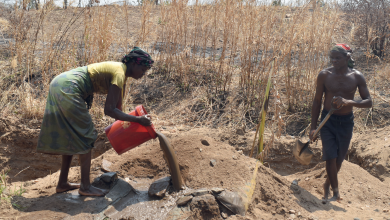New model targets financial causes of youth trafficking
A new financial capability intervention targeting labour trafficking hotspots in Malawi has emerged as a promising model for strengthening youth resilience, with researchers branding it as a practical blueprint for addressing the economic challenges youths face.
The initiative, developed by the Centre on Human Trafficking Research and Outreach in partnership with the University of Malawi and global research institutions, is being rolled out in Mangochi and Blantyre, two districts where unsafe migration has been closely linked to limited savings, restricted access to finance and the absence of reliable support systems during emergencies.

In an interview on Friday, Centre on Human Trafficking Research and Outreach director David Okech said the programme is grounded in evidence showing that many Malawian youths fall into trafficking not because they are unaware of the risks, but because they lack the financial stability needed to withstand crisis-driven pressures.
He said baseline findings reveal that young people who worked abroad in recent years often made the decision under severe financial strain, with many taking high-risk loans to cover basic needs or family emergencies.
“When young people do not have savings, do not have safe access to credit and do not have anyone to turn to in times of crisis, they take risks that traffickers exploit. This intervention is designed to strengthen that resilience,” said Okech.
He said the evidence gathered will guide Malawi’s future policy direction in youth development and social protection.
Speaking during the launch, Chief Justie Rizine Mzikamanda said broader partnerships, including financial institutions, employers and community leaders will be essential in building safer environments.
He said the initiative aligns with the National Plan of Action Against Trafficking in Persons, which recognises that long-term prevention must address the economic factors that create vulnerability.
He said many trafficking cases coming before the courts stem from conditions of poverty, unemployment and limited access to financial tools, factors that traffickers manipulate with false promises of decent work.
“Across our towns and villages, young people are eager to contribute, to earn and to build better lives. Yet too many face economic hardship and limited opportunity. In such conditions, it is easy for traffickers to exploit hope,” he said.
The intervention will enrol more than 300 survivors and at-risk whol will be recruited by trained survivor navigators and enrolled under a randomised controlled trial designed to evaluate the specific impact of digital savings groups, working capital management support and in-kind livelihood assistance.





